A PHP Error was encountered
Severity: Warning
Message: Undefined array key "HTTP_REFERER"
Filename: science/science_article_popup_while_leaving.php
Line Number: 19
Backtrace:
File: /var/www/olympiadsuccess.com/square-portal/application/views/science/science_article_popup_while_leaving.php
Line: 19
Function: _error_handler
File: /var/www/olympiadsuccess.com/square-portal/application/views/science/article.php
Line: 2
Function: view
File: /var/www/olympiadsuccess.com/square-portal/application/views/templates/science_template.php
Line: 2
Function: view
File: /var/www/olympiadsuccess.com/square-portal/application/core/MY_Controller.php
Line: 137
Function: view
File: /var/www/olympiadsuccess.com/square-portal/application/controllers/Science.php
Line: 311
Function: _render_page
File: /var/www/olympiadsuccess.com/square-portal/index.php
Line: 198
Function: require_once
A PHP Error was encountered
Severity: Warning
Message: Undefined array key "HTTP_REFERER"
Filename: science/science_article_popup_while_leaving.php
Line Number: 19
Backtrace:
File: /var/www/olympiadsuccess.com/square-portal/application/views/science/science_article_popup_while_leaving.php
Line: 19
Function: _error_handler
File: /var/www/olympiadsuccess.com/square-portal/application/views/science/article.php
Line: 2
Function: view
File: /var/www/olympiadsuccess.com/square-portal/application/views/templates/science_template.php
Line: 2
Function: view
File: /var/www/olympiadsuccess.com/square-portal/application/core/MY_Controller.php
Line: 137
Function: view
File: /var/www/olympiadsuccess.com/square-portal/application/controllers/Science.php
Line: 311
Function: _render_page
File: /var/www/olympiadsuccess.com/square-portal/index.php
Line: 198
Function: require_once
A PHP Error was encountered
Severity: Warning
Message: Undefined array key "HTTP_REFERER"
Filename: science/science_article_popup_while_leaving.php
Line Number: 19
Backtrace:
File: /var/www/olympiadsuccess.com/square-portal/application/views/science/science_article_popup_while_leaving.php
Line: 19
Function: _error_handler
File: /var/www/olympiadsuccess.com/square-portal/application/views/science/article.php
Line: 2
Function: view
File: /var/www/olympiadsuccess.com/square-portal/application/views/templates/science_template.php
Line: 2
Function: view
File: /var/www/olympiadsuccess.com/square-portal/application/core/MY_Controller.php
Line: 137
Function: view
File: /var/www/olympiadsuccess.com/square-portal/application/controllers/Science.php
Line: 311
Function: _render_page
File: /var/www/olympiadsuccess.com/square-portal/index.php
Line: 198
Function: require_once
A PHP Error was encountered
Severity: Warning
Message: Undefined array key "HTTP_REFERER"
Filename: science/science_article_popup_while_leaving.php
Line Number: 19
Backtrace:
File: /var/www/olympiadsuccess.com/square-portal/application/views/science/science_article_popup_while_leaving.php
Line: 19
Function: _error_handler
File: /var/www/olympiadsuccess.com/square-portal/application/views/science/article.php
Line: 2
Function: view
File: /var/www/olympiadsuccess.com/square-portal/application/views/templates/science_template.php
Line: 2
Function: view
File: /var/www/olympiadsuccess.com/square-portal/application/core/MY_Controller.php
Line: 137
Function: view
File: /var/www/olympiadsuccess.com/square-portal/application/controllers/Science.php
Line: 311
Function: _render_page
File: /var/www/olympiadsuccess.com/square-portal/index.php
Line: 198
Function: require_once
A PHP Error was encountered
Severity: Warning
Message: Undefined array key "HTTP_REFERER"
Filename: science/science_article_popup_while_leaving.php
Line Number: 19
Backtrace:
File: /var/www/olympiadsuccess.com/square-portal/application/views/science/science_article_popup_while_leaving.php
Line: 19
Function: _error_handler
File: /var/www/olympiadsuccess.com/square-portal/application/views/science/article.php
Line: 2
Function: view
File: /var/www/olympiadsuccess.com/square-portal/application/views/templates/science_template.php
Line: 2
Function: view
File: /var/www/olympiadsuccess.com/square-portal/application/core/MY_Controller.php
Line: 137
Function: view
File: /var/www/olympiadsuccess.com/square-portal/application/controllers/Science.php
Line: 311
Function: _render_page
File: /var/www/olympiadsuccess.com/square-portal/index.php
Line: 198
Function: require_once
A PHP Error was encountered
Severity: Warning
Message: Undefined array key "HTTP_REFERER"
Filename: science/science_article_popup_while_leaving.php
Line Number: 19
Backtrace:
File: /var/www/olympiadsuccess.com/square-portal/application/views/science/science_article_popup_while_leaving.php
Line: 19
Function: _error_handler
File: /var/www/olympiadsuccess.com/square-portal/application/views/science/article.php
Line: 2
Function: view
File: /var/www/olympiadsuccess.com/square-portal/application/views/templates/science_template.php
Line: 2
Function: view
File: /var/www/olympiadsuccess.com/square-portal/application/core/MY_Controller.php
Line: 137
Function: view
File: /var/www/olympiadsuccess.com/square-portal/application/controllers/Science.php
Line: 311
Function: _render_page
File: /var/www/olympiadsuccess.com/square-portal/index.php
Line: 198
Function: require_once
A PHP Error was encountered
Severity: Warning
Message: Undefined array key "HTTP_REFERER"
Filename: science/science_article_popup_while_leaving.php
Line Number: 19
Backtrace:
File: /var/www/olympiadsuccess.com/square-portal/application/views/science/science_article_popup_while_leaving.php
Line: 19
Function: _error_handler
File: /var/www/olympiadsuccess.com/square-portal/application/views/science/article.php
Line: 2
Function: view
File: /var/www/olympiadsuccess.com/square-portal/application/views/templates/science_template.php
Line: 2
Function: view
File: /var/www/olympiadsuccess.com/square-portal/application/core/MY_Controller.php
Line: 137
Function: view
File: /var/www/olympiadsuccess.com/square-portal/application/controllers/Science.php
Line: 311
Function: _render_page
File: /var/www/olympiadsuccess.com/square-portal/index.php
Line: 198
Function: require_once
A PHP Error was encountered
Severity: Warning
Message: Undefined array key "HTTP_REFERER"
Filename: science/science_article_popup_while_leaving.php
Line Number: 19
Backtrace:
File: /var/www/olympiadsuccess.com/square-portal/application/views/science/science_article_popup_while_leaving.php
Line: 19
Function: _error_handler
File: /var/www/olympiadsuccess.com/square-portal/application/views/science/article.php
Line: 2
Function: view
File: /var/www/olympiadsuccess.com/square-portal/application/views/templates/science_template.php
Line: 2
Function: view
File: /var/www/olympiadsuccess.com/square-portal/application/core/MY_Controller.php
Line: 137
Function: view
File: /var/www/olympiadsuccess.com/square-portal/application/controllers/Science.php
Line: 311
Function: _render_page
File: /var/www/olympiadsuccess.com/square-portal/index.php
Line: 198
Function: require_once
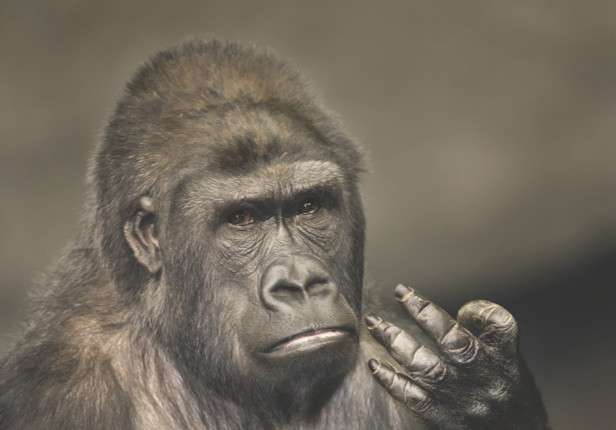

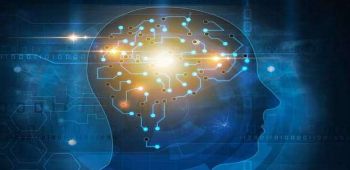 Higher IQ People And..
Higher IQ People And..
 Going Deep In The Ma..
Going Deep In The Ma..
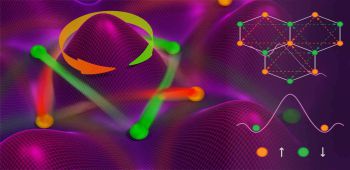 Atomic Spins Evade H..
Atomic Spins Evade H..
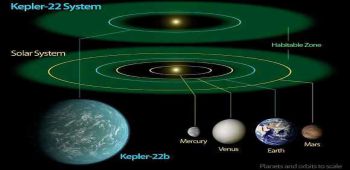 Second Solar System ..
Second Solar System ..
 IUPAC Names Of 4 New..
IUPAC Names Of 4 New..
 Reasons For Loving M..
Reasons For Loving M..
 The Arrow Of Time: A..
The Arrow Of Time: A..
 Increasing Use Of Sm..
Increasing Use Of Sm..
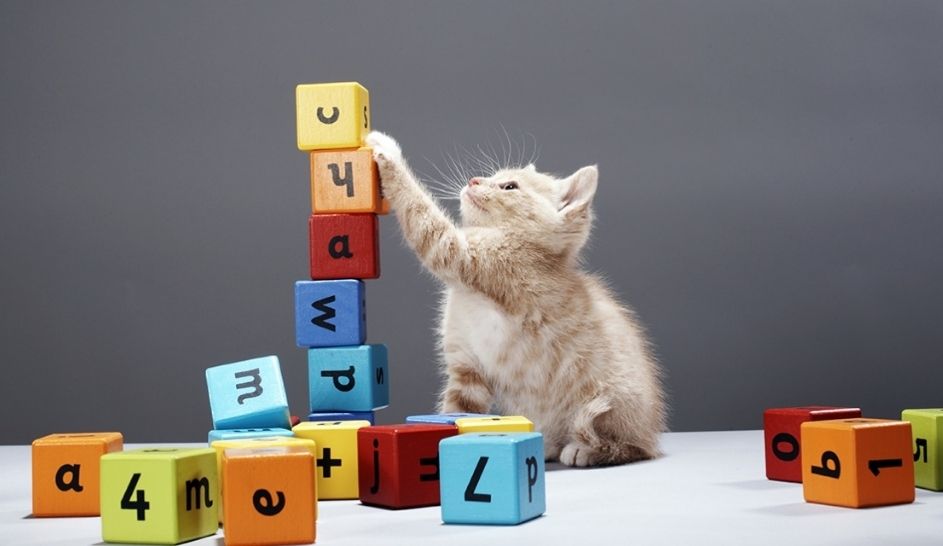




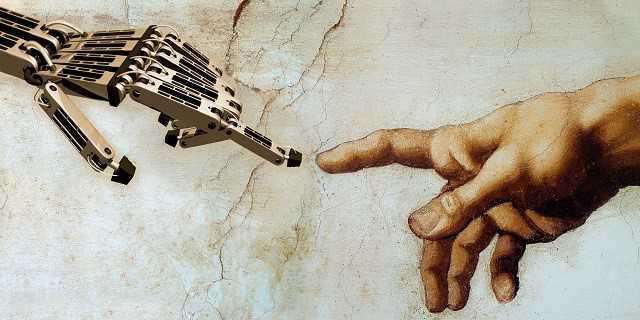














Comments